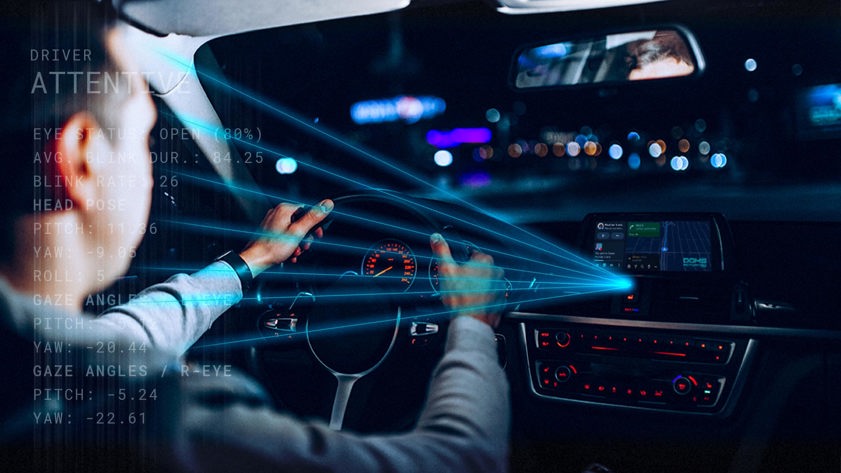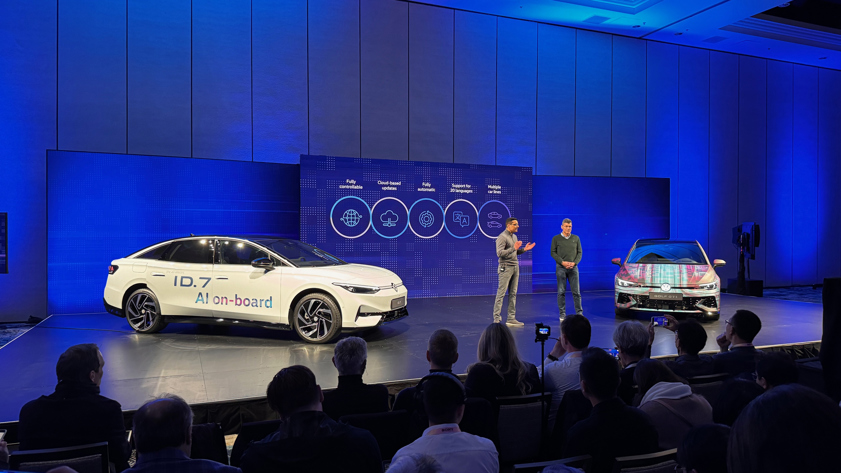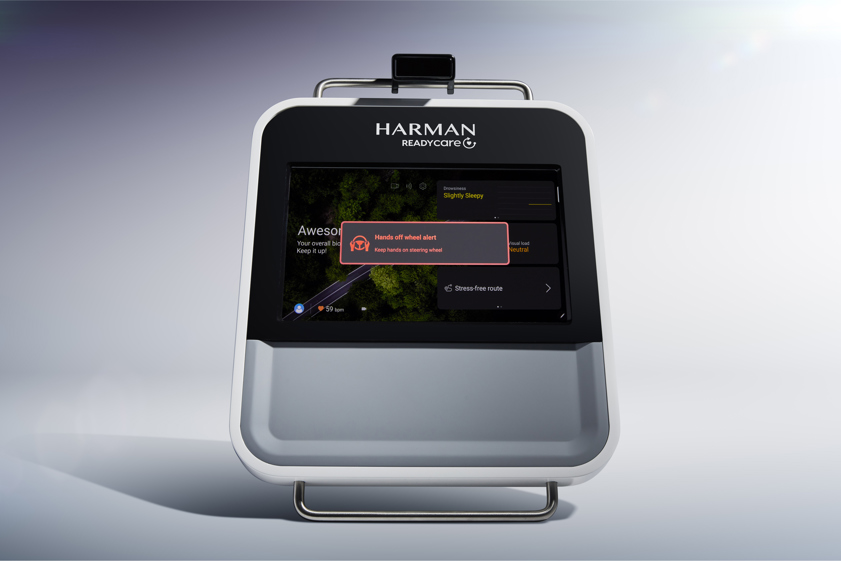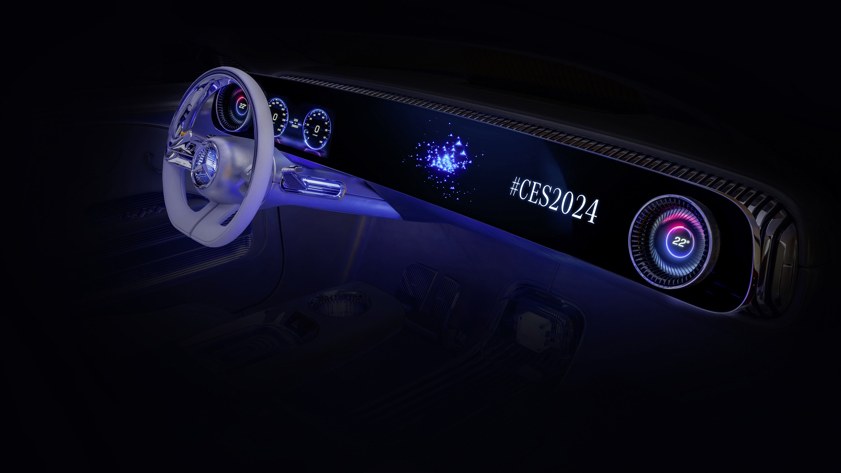
The recent Consumer Electronics Show in Las Vegas unveiled a thrilling future for automotive technology. Key highlights included advancements in Artificial Intelligence (AI), transforming how we interact with our vehicles. Major car brands are embracing AI to enhance the driving experience, emphasizing safety, convenience, and entertainment.

2023 marked a significant year for AI, with platforms like ChatGPT becoming integral to technology. Recognizing this trend, Volkswagen announced at CES its plan to integrate ChatGPT in several of its models, including the ID.7, ID.4, ID.5, ID.3, the latest Golf, and the all-new Tiguan. This feature will allow drivers to control car settings, get directions, and even answer trivia questions while driving, making Volkswagen the first major car manufacturer to adopt this technology standard.

AI's application in vehicles extends beyond providing entertainment and information. Harman, a Samsung subsidiary, showcased Ready Care at CES. This technology focuses on driver and passenger safety by monitoring behaviour patterns through machine learning, AI, and neuroscience. It assesses the driver's focus level and detects distractions, like eating or smoking. Ready Care also differentiates between adults and children, optimizing safety features such as seatbelts and airbags accordingly.

The combination of generative AI with Augmented Reality (AR) is another exciting development. BMW and Mercedes-Benz are pioneering this integration, offering immersive experiences. BMW demonstrated AR glasses that provide navigational assistance, hazard warnings, electric car charging data, and entertainment options. This technology, already in use in BMW's motorcycle division, is expected to benefit both drivers and passengers in the future.
As we embrace the integration of AI into automotive technology, it's crucial to consider safety and regulatory aspects. Manufacturers are diligently working to ensure these innovations comply with existing safety standards and regulations. For instance, Volkswagen's integration of ChatGPT into their vehicles is being developed with a strong emphasis on ensuring driver focus and road safety. Likewise, HARMAN's Ready Care technology adheres to strict safety protocols to monitor and enhance driver and passenger safety accurately.
Regulatory bodies are also evolving to keep pace with these technological advancements, updating guidelines to ensure that AI applications in vehicles meet stringent safety requirements. This involves rigorous testing and certification processes, ensuring that these technologies not only enhance the driving experience but also prioritize the safety of all road users.
As we witness these groundbreaking advancements in AI within the automotive industry, it's exhilarating to ponder what the future might hold. The current trends and technological strides give us a glimpse into a future where AI not only enhances driving but transforms it in ways we are just beginning to imagine.
In the near future, we can expect AI to further personalize the driving experience. Cars will not only respond to our commands but also anticipate our needs. Imagine a vehicle that adjusts its settings - from seat positions to climate control - based on the driver's preferences, learned over time through AI algorithms.
Furthermore, the integration of AI with electric vehicles (EVs) is set to revolutionize efficiency and performance. AI could optimize battery life and energy consumption, providing real-time data to drivers about their vehicle's health and the best routes to maximize efficiency.
Another exciting prospect is the advancement of autonomous driving technologies. While we are currently experiencing semi-autonomous features, the future promises fully autonomous vehicles. AI will play a critical role in this transition, processing vast amounts of data from sensors and cameras to make split-second decisions for safe, driverless transportation.
AI is also set to improve in-car entertainment and productivity. From smart infotainment systems that curate content based on passengers' preferences to AI assistants that can handle tasks and communications, the driving experience is poised to become more enjoyable and efficient.
While AI in vehicles opens a new realm of possibilities, it brings with it a responsibility to address safety, privacy, and reliability concerns. By continuously refining these technologies and adhering to regulatory standards, the automotive industry can ensure a safe and exciting future for AI-enhanced vehicles.
For more information about AI in cars, why not check out our How Artificial Intelligence is Preventing Accidents blog? We also produce a range of weekly blogs on various topics, which can be found in the blog section of our website.
Nationwide Vehicle Contracts are one of the UK's leading car leasing brokers and offers a range of leasing deals to suit every need. To find out more, check out our comprehensive car leasing guides or call one of our experts on 0345 811 9595.

